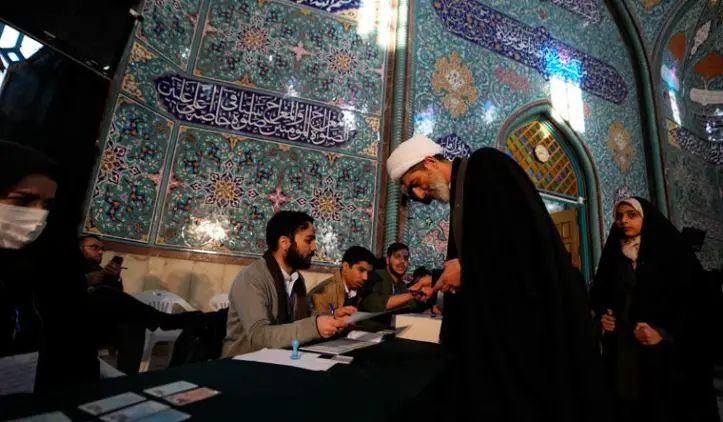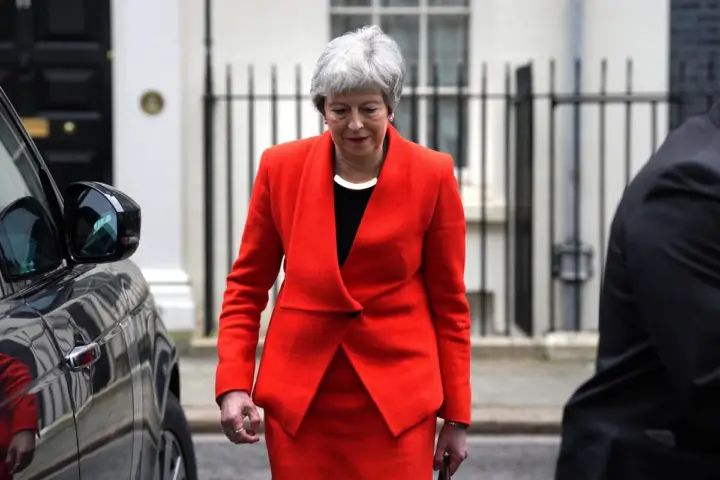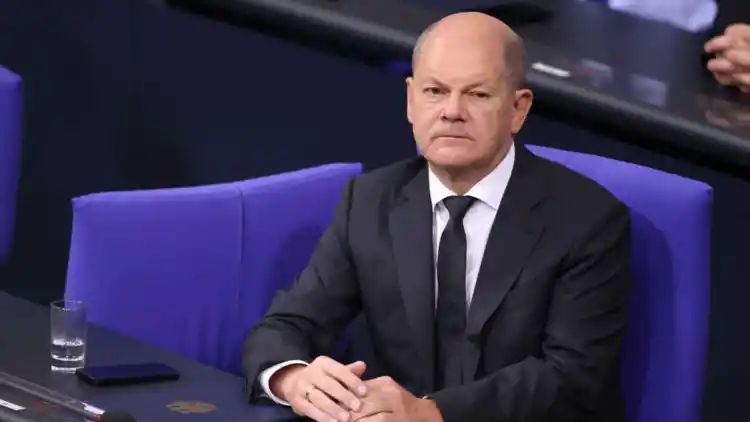Bankrupt British socialite is owner of centuries-old painting, judge rules

A bankrupt British socialite is the owner of a centuries-old portrait at the centre of a High Court legal dispute, a judge has ruled.
At a trial at London’s Rolls Building earlier in March, barristers for the trustees claimed that James owns the portrait, but both James and Geoffrey claimed that the latter bought the artwork in 2013 for £600,000.
In a ruling on Friday, Insolvency and Companies Court Judge Clive Jones dismissed the Stunt claims, ruling that the painting should be classed as belonging to James for the purposes of his bankruptcy.
In my judgment on the balance of probability, Mr James Stunt was the contracting buyer
Insolvency and Companies Court Judge Clive Jones
He said: “In my judgment on the balance of probability, Mr James Stunt was the contracting buyer.
“He did not hold the beneficial interest on trust for his father.
“The fact that Mr Geoffrey Stunt paid by cheque was taken into consideration when reaching that conclusion.
“The painting forms part of the bankruptcy estate.”
James was previously married to Petra Ecclestone, the daughter of former Formula 1 boss, Bernie Ecclestone.
The pair divorced in 2017, with James declared bankrupt in June 2019.
The three-day trial heard from Joseph Curl KC, representing the trustees, that James Stunt purchased the painting, which is now valued at up to £4 million, but Geoffrey Stunt later claimed ownership of it.
Mr Curl said that this represented a “significant injustice” to the trustees and that the painting should be considered part of James’ bankruptcy estate.
He told the court that the art company that sold the painting believed James “became and was always intended to be the owner of the painting”.
Giving evidence, James said that despite initially showing an “interest” in the painting, he declined to buy it as he was “rather saturated by Van Dycks at the time”, estimating he had purchased around 40 works by the artist in his life.
Instead, the deal to buy the artwork was “fully negotiated” by Geoffrey, who owned the item, James said.
Lee Schama, representing Geoffrey, told the court that the artwork was bought “by and for” him.
But in his judgment, Judge Jones said that while the money used to pay for the painting was drawn on Geoffrey’s account, James was able to use his father’s bank card for “very substantial sums” and that Geoffrey was a “generous, supportive father who assisted his son through loans”.
The fact that he (Geoffrey) made loans would not mean this could not be a personal investment but the point is that he simply has not advanced a case to rebut the presumption by addressing any of these matters
Insolvency and Companies Court Judge Clive Jones
He added that the pair had failed to demonstrate the artwork was not intended for James.
The judge said: “The fact that he (Geoffrey) made loans would not mean this could not be a personal investment but the point is that he simply has not advanced a case to rebut the presumption by addressing any of these matters.”
The Cheeke Sisters: Essex, Countess of Manchester and Anne, Lady Rich was painted around 1640 and is one of a small collection of double portraits painted by Van Dyck.
The artist was born in modern-day Belgium and came to work in England in 1632 at the invitation of King Charles I.





